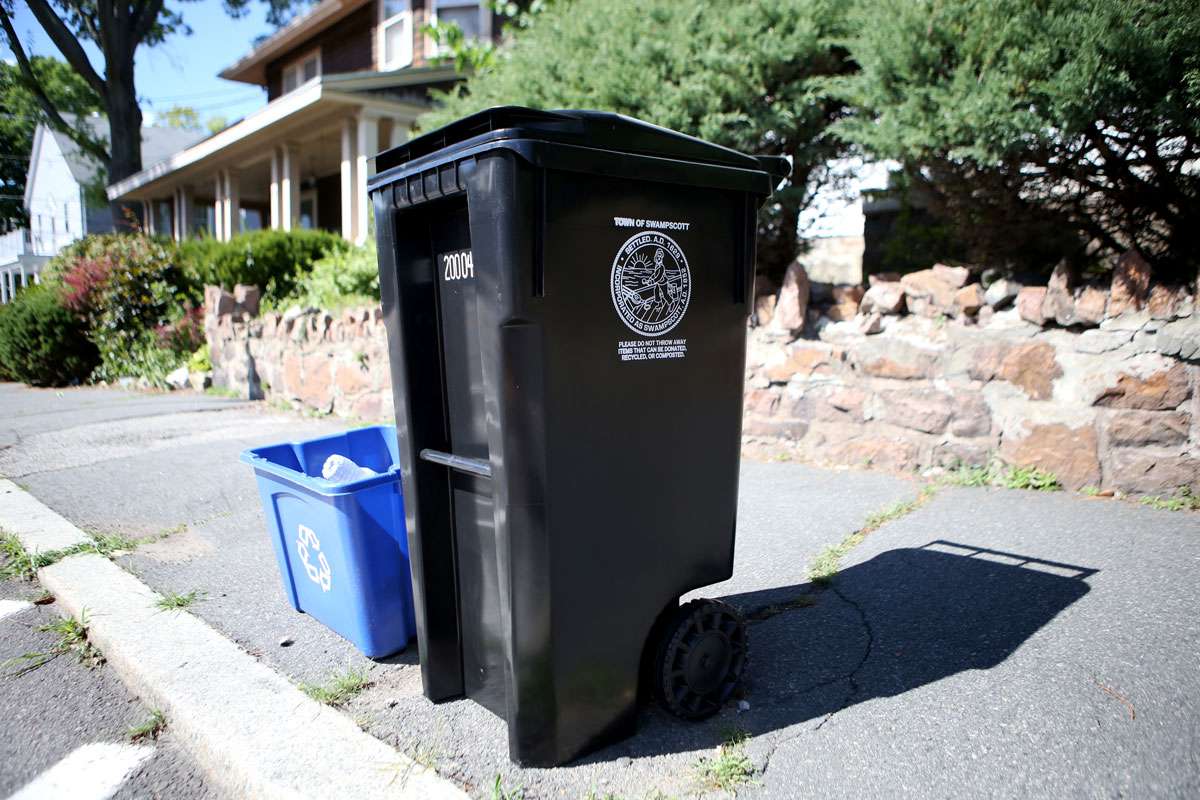

SWAMPSCOTT — The Solid Waste Advisory Committee welcomed Black Earth Compost co-founder Conor Miller to their meeting Tuesday to discuss town-wide composting efforts.
Black Earth is the town’s top compost vendor. Founded more than a decade ago, the company was originally in commercial composting before transitioning to residential.
“We’re by far the largest organics company in New England,” Miller said.
The committee discussed adding a compost drop-off location in the vicinity of Burrill Street in addition to ones located at the police station, Swampscott Cemetery, Swampscott Senior Center, and the schools.
Select Board member Doug Thompson attended the meeting to join the discussion about a potential town-wide compost pickup. Miller responded that approximately 500 local households are signed up to pay for compost pickup. If more were to partake, the individual annual cost would decrease.
“If we get to 750 people, we can lower the price again to about $100 per year,” Miller explained. “Then, if we get to 1500, lower it to $90 per year.”
According to Miller, a 10% increase in town participation is the most growth he has seen in one year. He explained Swampscott could get up to 50%, but it will be a fairly gradual process.
Lexington and Watertown were both mentioned as examples of municipalities paying for a town-wide pickup. The cost per ton of compost pickup would be less than that of trash if there was a high community participation rate.
“It’s cheaper to turn food waste into compost than to burn it in the incinerator and landfill it,” Miller said. “If you add composting and pay for everybody, it’s a long-term investment.”
The group noted that Massachusetts Department of Environmental Protection grants should be explored to help fund more transportation and pickup of compost.
Swampscott High School senior Sam Snitkovsky attended the meeting and provided context to the current state of recycling and composting by students. He highlighted the issue of his peers not putting the proper waste in their respective areas. Miller’s solution was to physically separate the normal trash from composting.
“I would make composting harder to do,” Miller said. “I’d make a big beautiful sign saying ‘compost here’ but not have it be the first thing in line, maybe 10 to 20 feet from everything else.”
A bylaw is in place that will mandate the school not to use styrofoam material in food service.
Committee member Emily Westhoven demonstrated to her fellow members and Thompson that she had not received notifications from the town’s OnSolve CodeRED platform, specifically for trash and recycling. Thompson noted that it is not currently on the website and that he will pursue solving the issue.
24World Media does not take any responsibility of the information you see on this page. The content this page contains is from independent third-party content provider. If you have any concerns regarding the content, please free to write us here: contact@24worldmedia.com

A Brief Look at the History of Telematics and Vehicles

Tips for Helping Your Students Learn More Efficiently

How To Diagnose Common Diesel Engine Problems Like a Pro

4 Common Myths About Wildland Firefighting Debunked

Is It Possible To Modernize Off-Grid Living?

4 Advantages of Owning Your Own Dump Truck

5 Characteristics of Truth and Consequences in NM

How To Make Your Wedding More Accessible

Ensure Large-Format Printing Success With These Tips

4 Reasons To Consider an Artificial Lawn

The Importance of Industrial Bearings in Manufacturing

5 Tips for Getting Your First Product Out the Door